PRESS RELEASE
Lagos, Nigeria — Educators at a policy dialogue jointly organised by the African Resource Development Centre (ARDC) and Edutimes Africa have called for urgent and far-reaching reforms in Nigeria’s education sector. The high-level engagement, held on Thursday at Catherine’s Villa, Victoria Island, Lagos, brought together scholars, economists, and education reform advocates who warned that Nigeria’s current education system is failing to meet the demands of a modern, knowledge-driven economy.
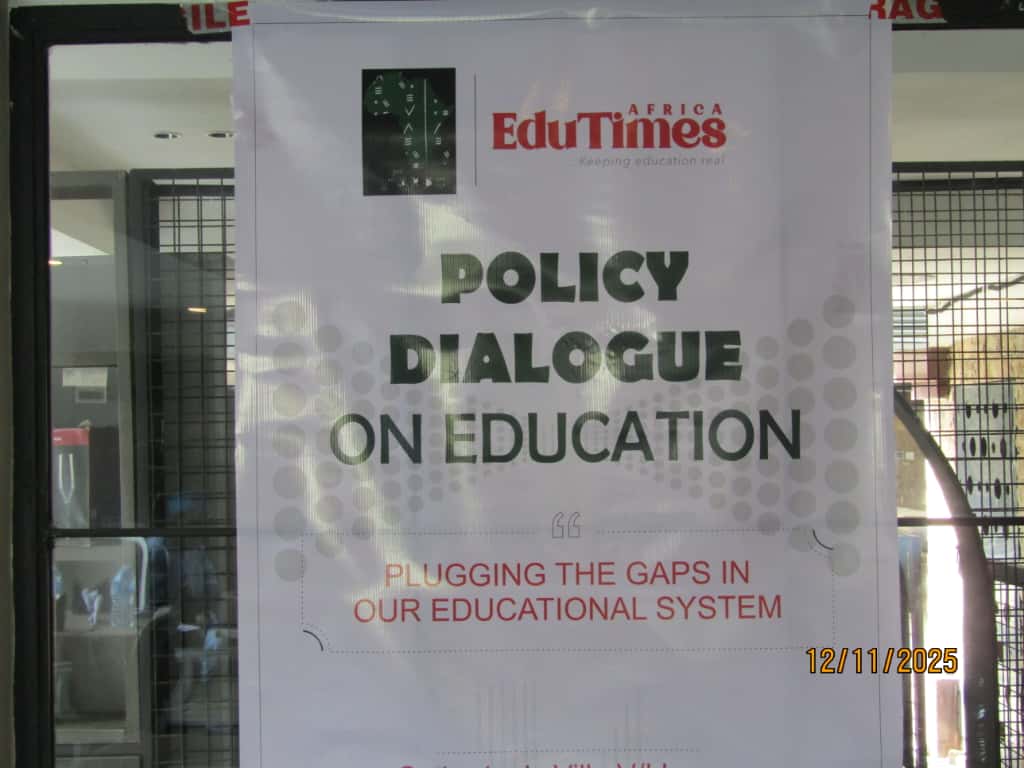
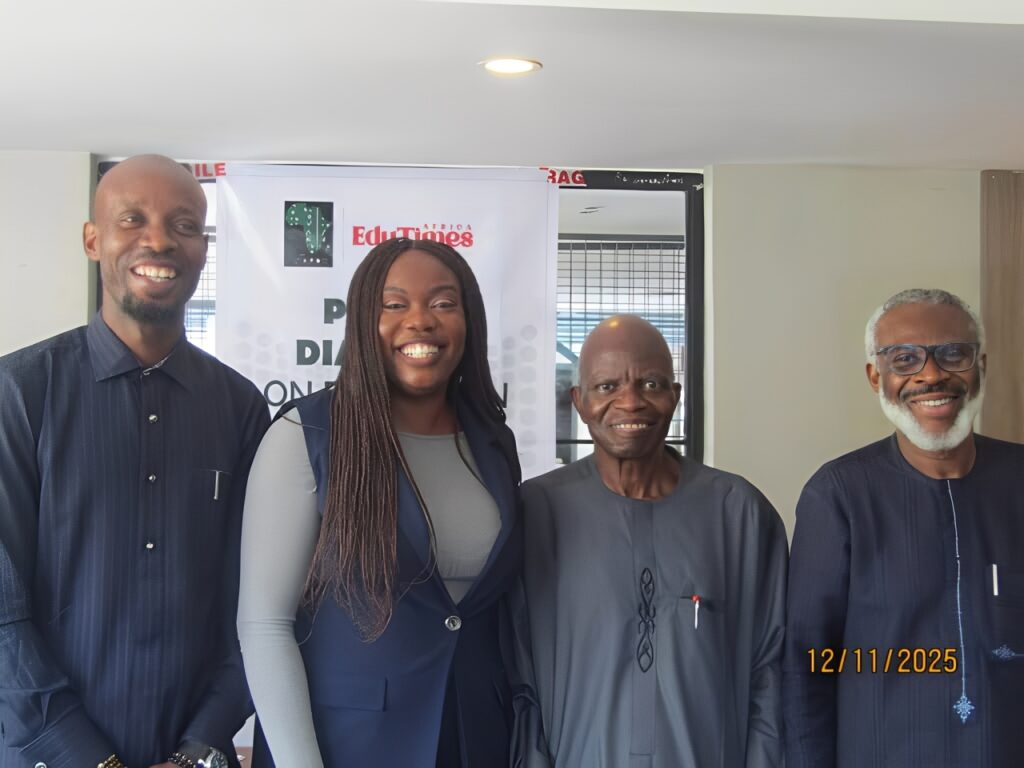
The forum, themed “Plugging the Gaps in Our Educational System,” featured presentations by Dr Babatunde Obrimah, Professor Segun Ajibola, and Oluwaseyi Anifowose, each highlighting systemic weaknesses and proposing solutions to reposition the sector.
Outdated Curriculum Worsening Youth Unemployment — Dr Obrimah
Presenting a paper titled “Revising the Nigerian School Curriculum for the Digital Age,” Dr Babatunde Obrimah described Nigeria’s curriculum as “largely obsolete” and poorly aligned with the realities of the digital economy.
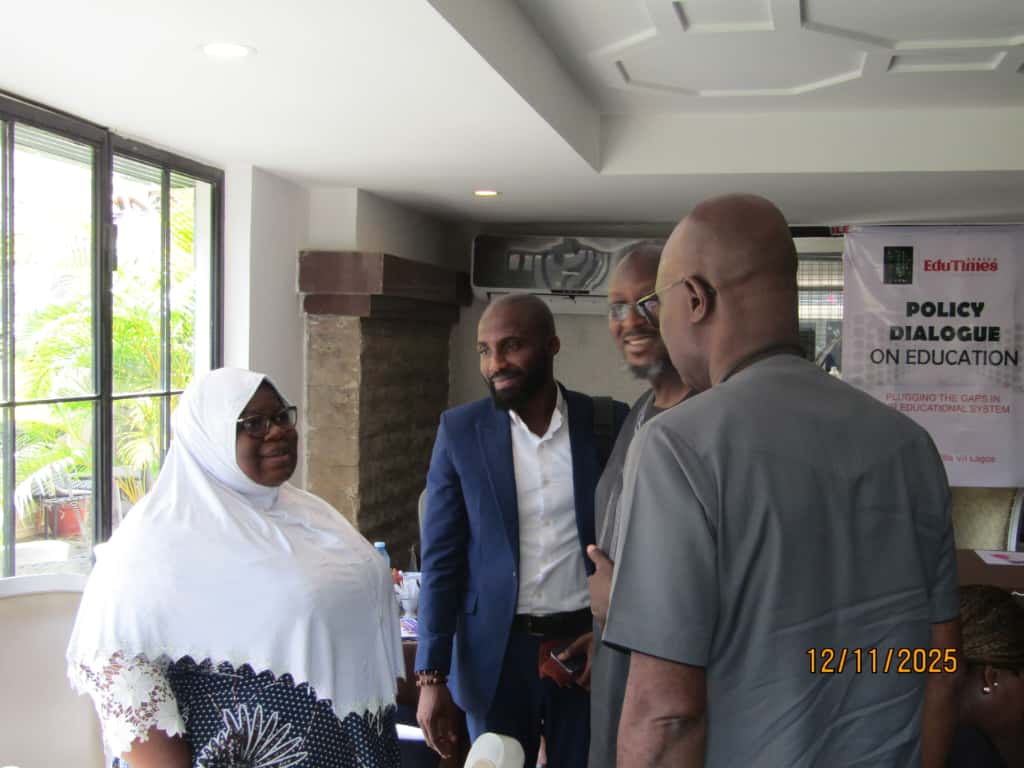
He said the continued emphasis on rote learning and examinations had widened the gap between educational outcomes and labour market needs, contributing significantly to youth unemployment.
Dr Obrimah proposed a five-pillar reform agenda encompassing foundational digital skills, strengthened technical and vocational education, STEAM integration, entrepreneurship, and digital citizenship.
“Curriculum reform is no longer a choice; it is an economic imperative,” he stated.
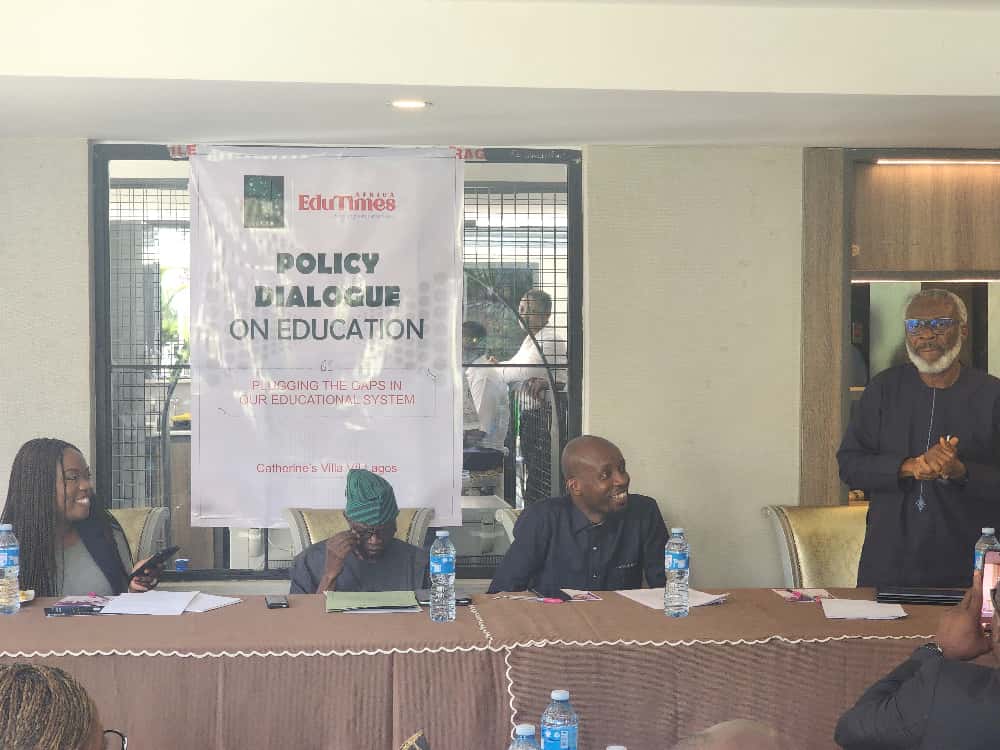
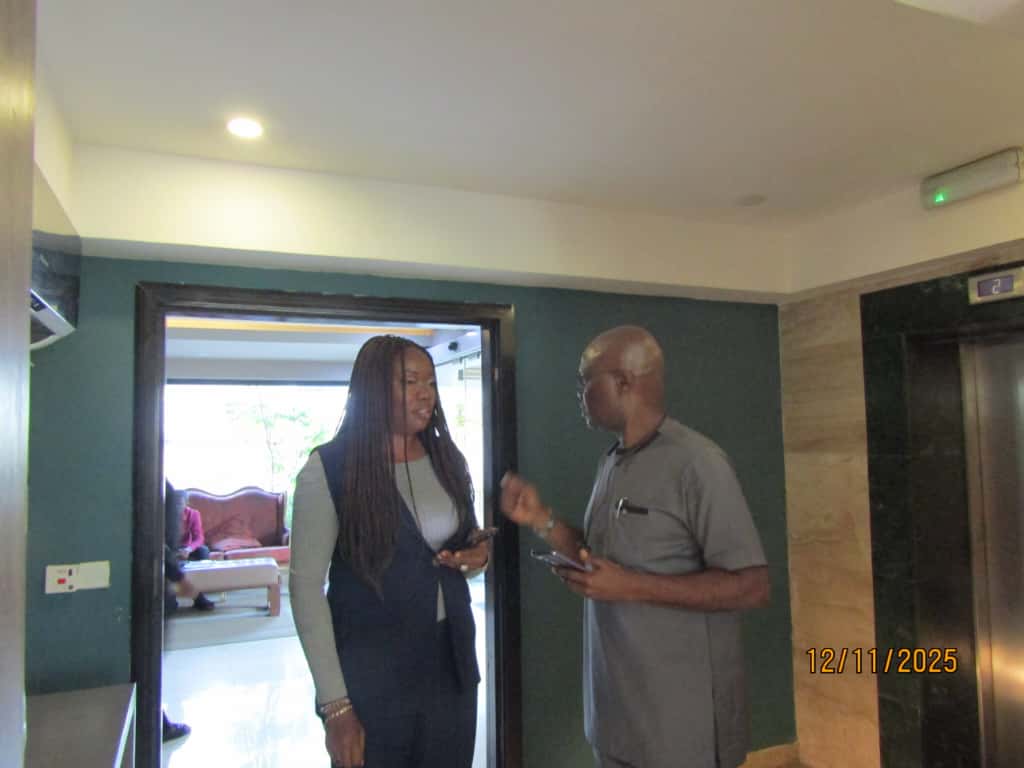
Systemic Decay Rooted in Historical and Policy Failures — Prof Ajibola
In his presentation titled “Plugging the Gaps in Nigeria’s Educational System,” former President of the Chartered Institute of Bankers of Nigeria (CIBN), Professor Segun Ajibola, traced the sector’s prolonged decline to colonial foundations, weak governance, and years of policy inconsistency.
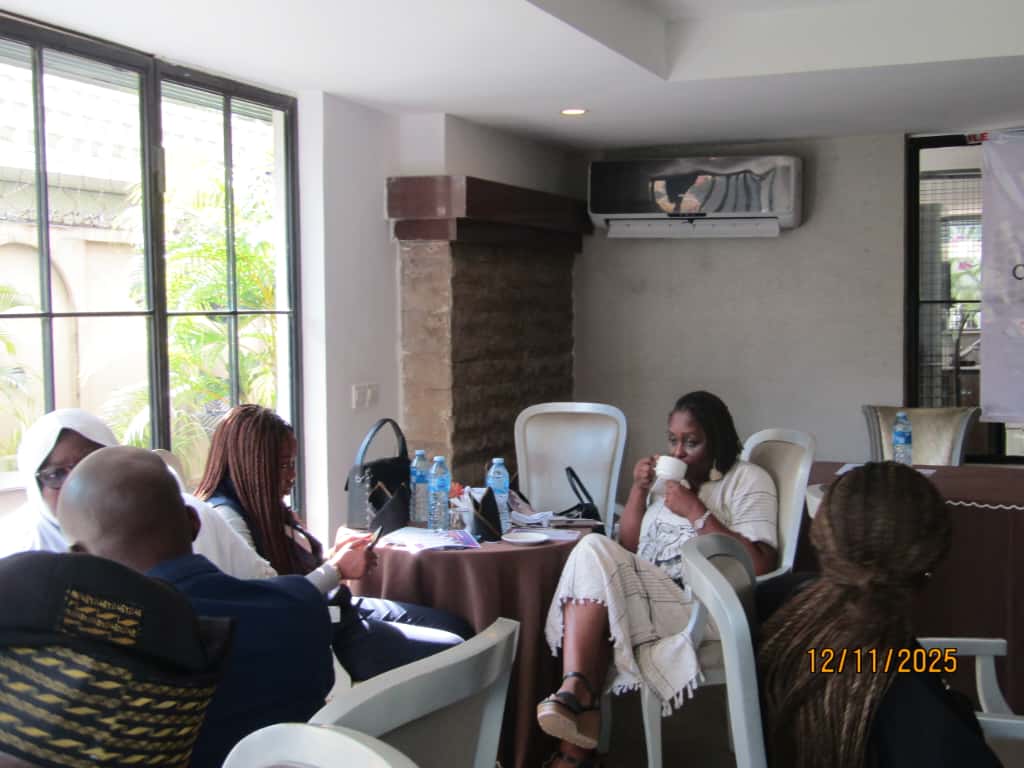
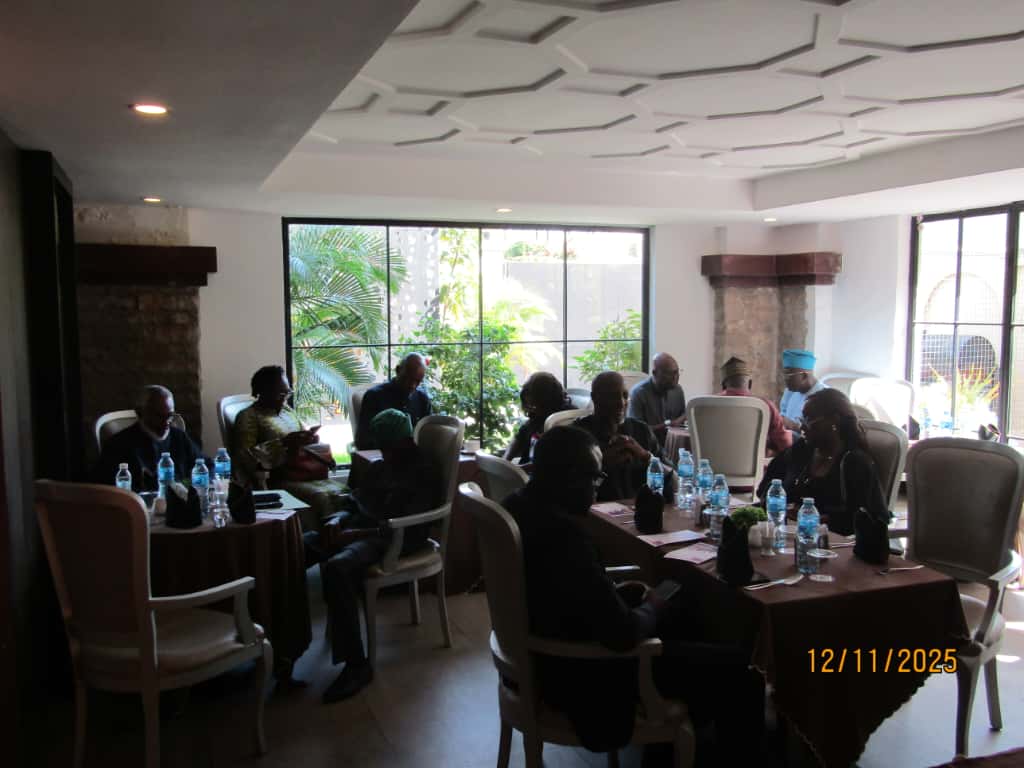
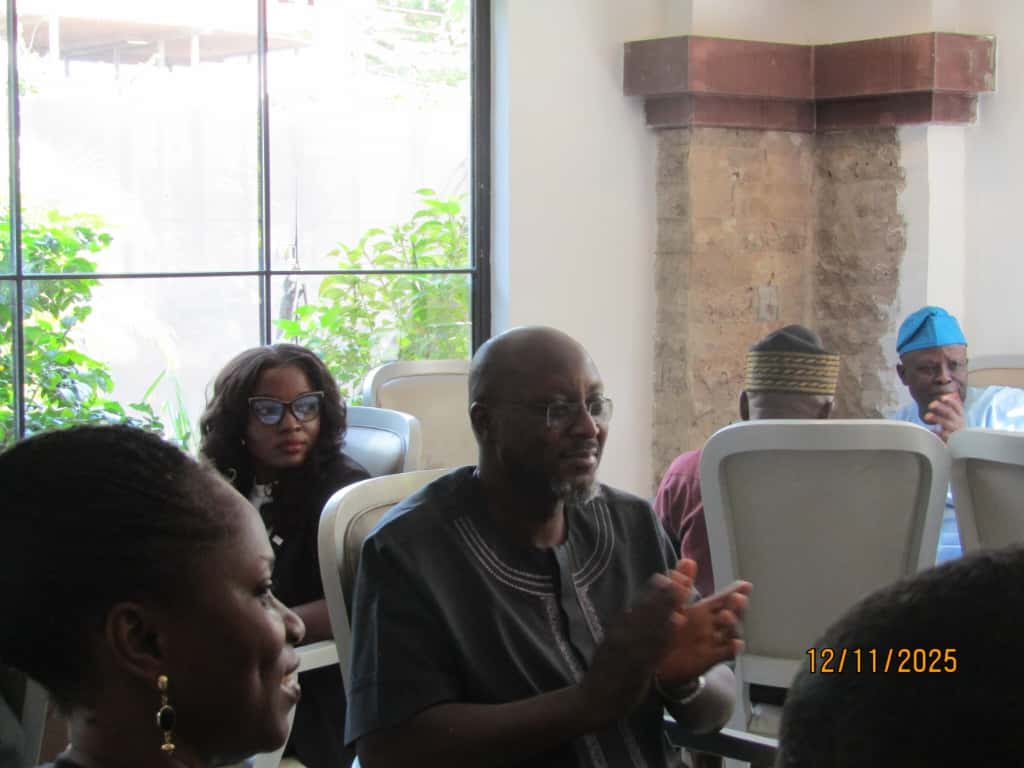
He identified eight critical gaps — including curriculum, infrastructure, leadership, human resources, funding, industry linkages, orientation, and accountability — which he said have collectively undermined educational quality nationwide.
“Our schools are producing graduates who are ill-prepared for the demands of a modern economy,” he said.
“The curricula are outdated, infrastructure is collapsing, teachers are poorly motivated, and leadership is often compromised by politics rather than merit.”
Professor Ajibola called for a “complete paradigm shift”, including the indigenisation of Nigeria’s curriculum, stronger academia–industry collaboration, and significantly improved funding for research, laboratories, and teacher development.
Teachers Remain the Hinge of Transformation — Anifowose
Teacher advocate and Guinness World Record holder, Oluwaseyi Anifowose, delivered a passionate address titled “Getting the Best of Teachers Towards Improving Learning Outcomes.”
He argued that Nigeria cannot attain meaningful reform without prioritising the professional development and welfare of teachers.
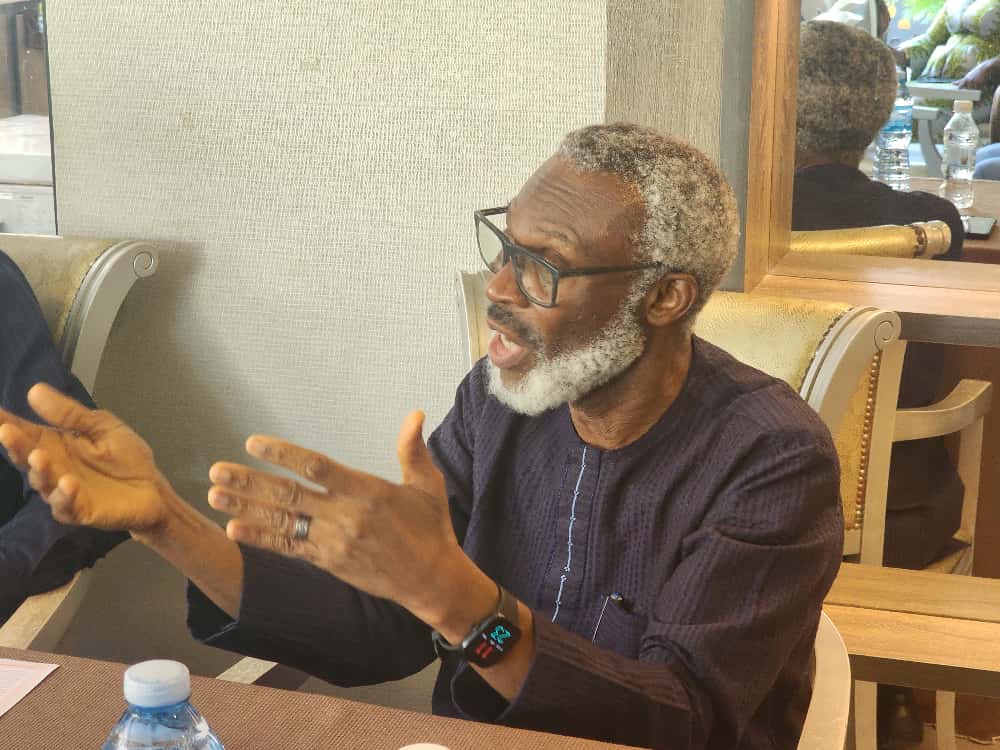
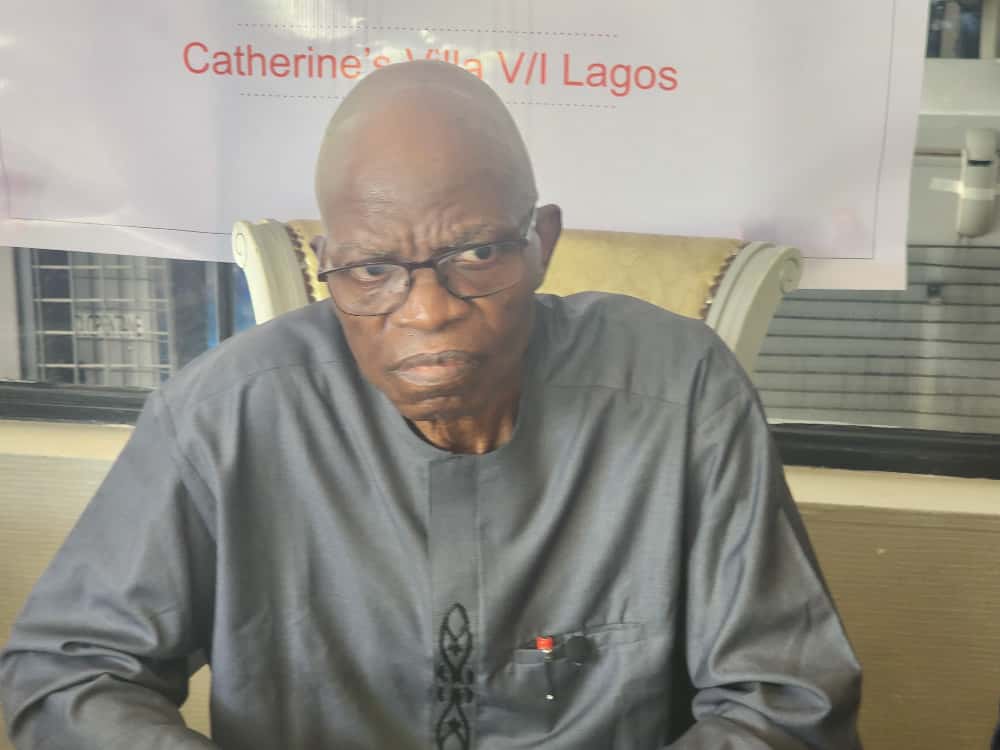
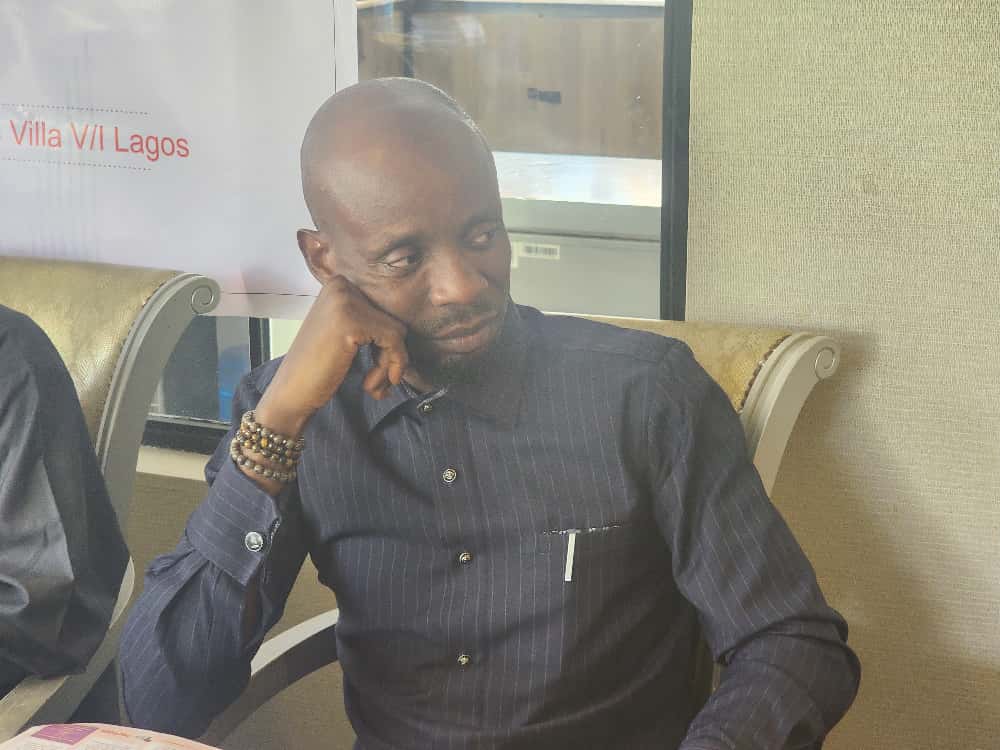
“If education is the weapon to change the world, then teachers are the hands that wield it,” he said, referencing his book Let There Be Teachers.
Anifowose noted that many classrooms have replaced curiosity with curriculum and creativity with conformity, urging policymakers to rethink teacher preparation, continuous professional development, motivation, and professional autonomy.
“When teachers thrive, nations rise,” he added.
Edutimes CEO Calls for Continuity and Coordinated Action
In his vote of thanks, Edutimes Africa CEO, Mr Oladapo Akande, commended the speakers and participants for what he described as a “critical and honest conversation”.
He called for continuity and the institutionalisation of sustained dialogue on education reform, emphasising that collective action remains essential.
Mr Akande also announced that a formal communiqué capturing the outcomes and recommendations of the dialogue would be prepared and forwarded to relevant bodies, including the Federal Ministry of Education.
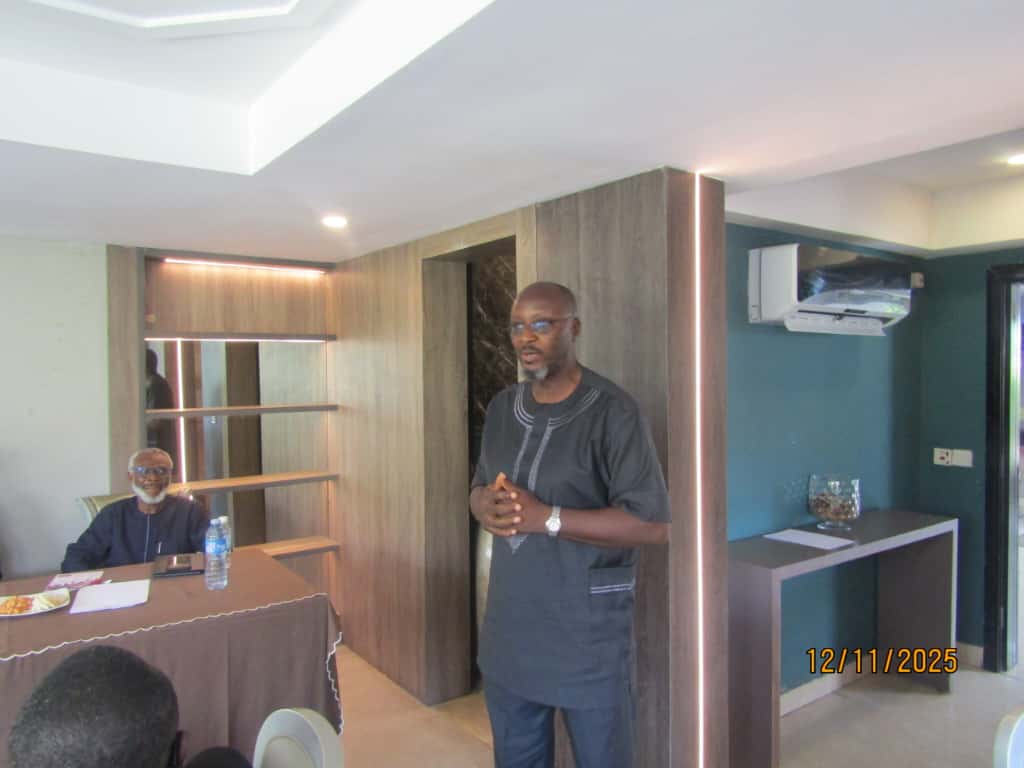
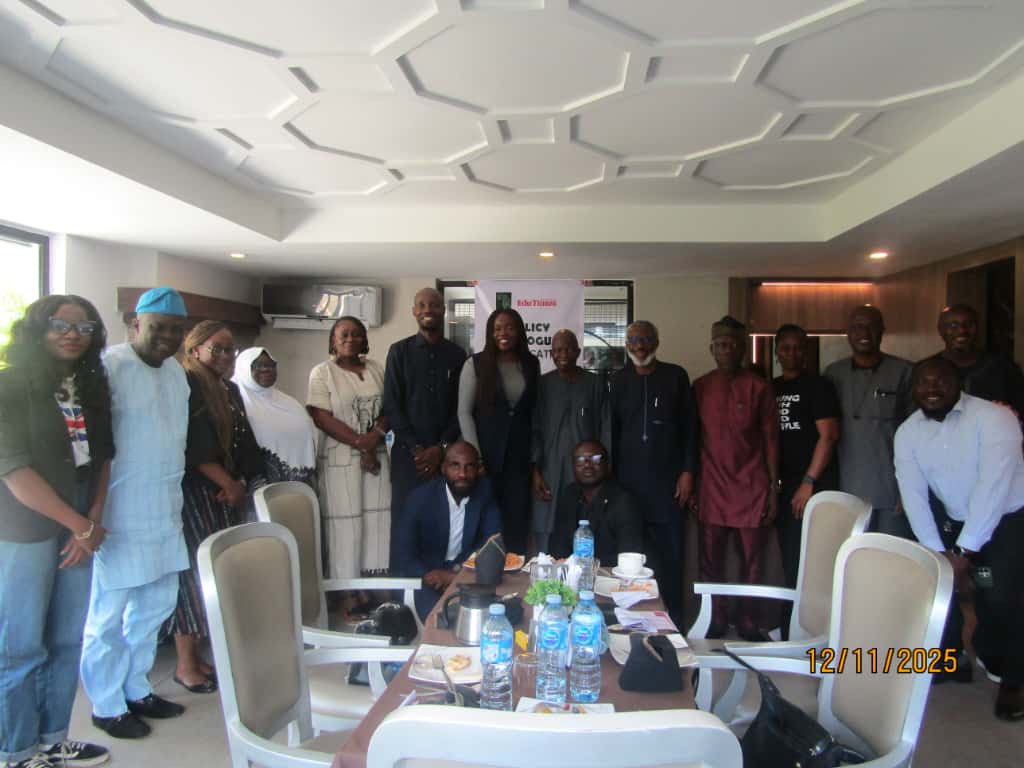
“Our work does not end here. We must keep the conversation alive, and we will ensure that the resolutions reached today find their way to the appropriate authorities,” he said.
Consensus on the Way Forward
Participants at the dialogue agreed that Nigeria’s education sector requires urgent and coordinated reform. Key recommendations included:
- investment in modern educational infrastructure
- prioritisation of teacher training and welfare
- comprehensive curriculum review
- improved accountability mechanisms
- stronger linkages between education and industry
ARDC and Edutimes Africa reaffirmed their commitment to advancing evidence-based advocacy and ensuring that education remains central to Nigeria’s national development agenda.
Signed:
Edutimes Africa News and Content Department


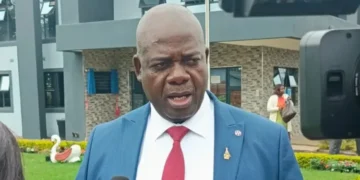
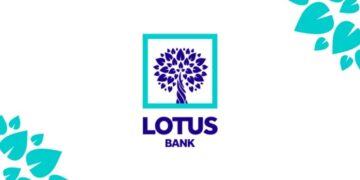
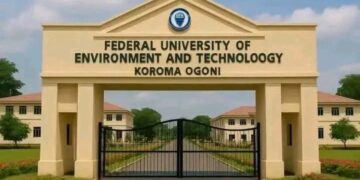

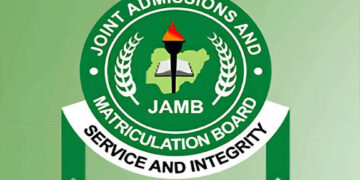























































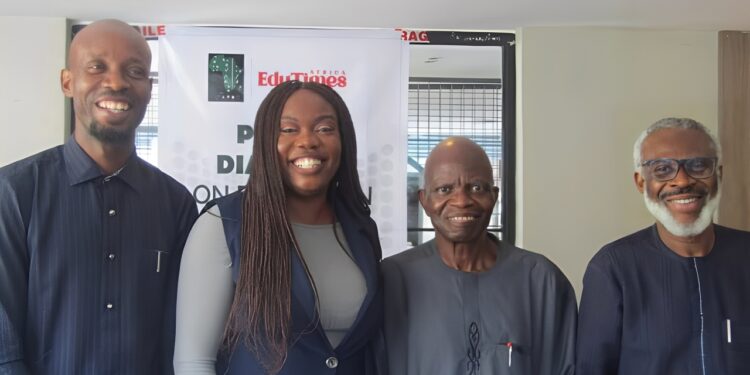







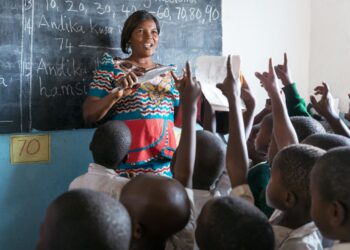












 EduTimes Africa, a product of Education Times Africa, is a magazine publication that aims to lend its support to close the yawning gap in Africa's educational development.
EduTimes Africa, a product of Education Times Africa, is a magazine publication that aims to lend its support to close the yawning gap in Africa's educational development.